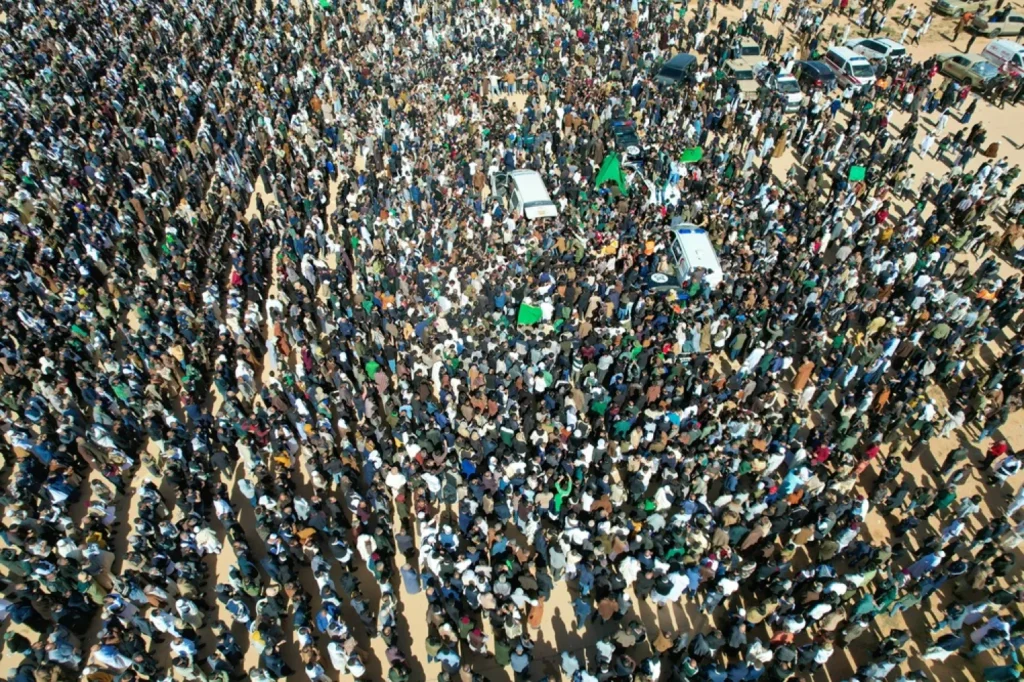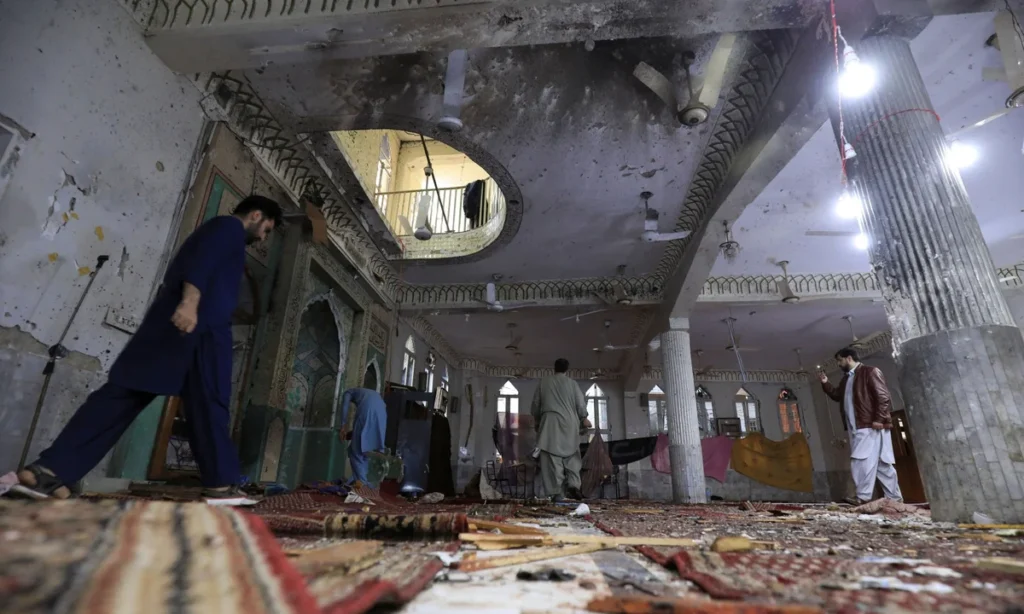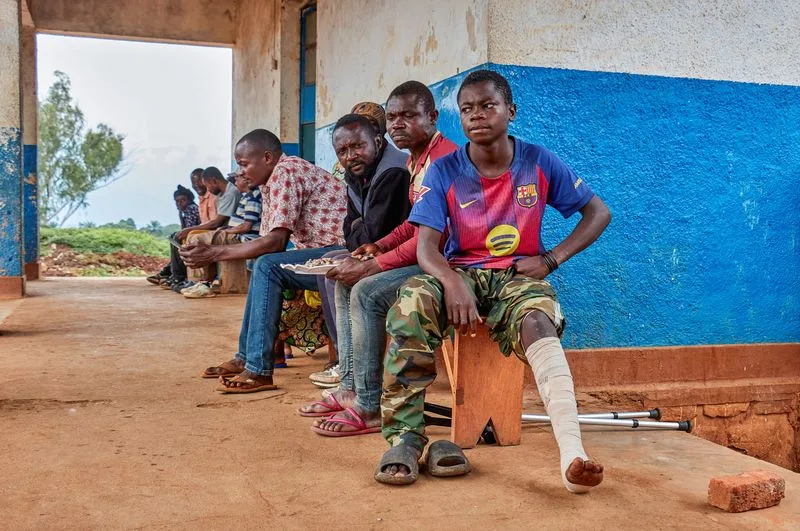
South Africa’s government has condemned the Trump administration’s new refugee policy that prioritises white Afrikaners, calling it “factually inaccurate” and “deeply troubling.”
The policy, announced Thursday, slashes the U.S. refugee ceiling from 125,000 to 7,500 and singles out Afrikaners, descendants of Dutch settlers, for preferential resettlement.
President Donald Trump defended the move, alleging a “genocide” against Afrikaners due to South Africa’s crime rates and redress policies, a claim widely discredited by international observers.
Tensions between Pretoria and Washington have escalated sharply, with Trump suspending U.S. financial aid and imposing steep tariffs on South African exports.
Foreign ministry spokesman Chrispin Phiri said the refugee policy was “based on falsehoods” and dismissed claims of white persecution. “The notion of a ‘white genocide’ has no credible evidence,” he said, adding that few Afrikaners have shown interest in resettlement.
The U.S. decision, framed as being in America’s “national interest,” marks a dramatic shift in humanitarian policy. It has ignited fierce debate within South Africa, including among Afrikaners themselves.
A group of Afrikaner intellectuals, politicians, and activists published an open letter rejecting Trump’s offer, saying race should never determine asylum. “Vulnerability — not race — must guide humanitarian policy,” they wrote.
However, Afriforum, a prominent Afrikaner lobby group, acknowledged concerns about rural violence and discrimination while stopping short of endorsing Trump’s claims. “Some victims may seek refuge — that should be their choice,” said spokesman Ernst van Zyl.
Despite Trump’s assertion of mass persecution, South African officials insist their democracy protects all citizens equally. For now, the refugee debate has deepened an already strained relationship between Washington and Pretoria — one coloured by mistrust, politics, and perception.




